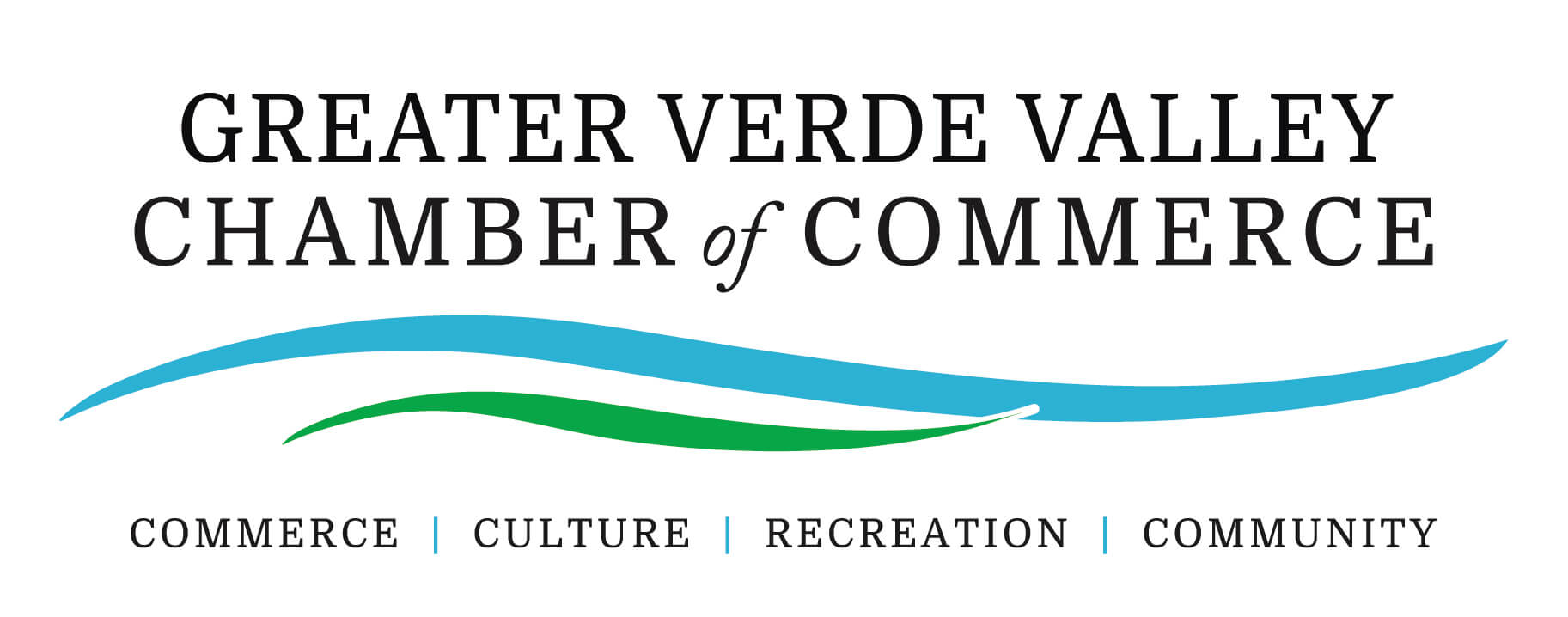The Entrepreneur’s Dilemma: Picking a Business That’s Right for You
Starting a business is exhilarating, but choosing the right one can feel like trying to solve a puzzle without all the pieces. The key to making the right choice isn’t just about chasing trends or jumping on the latest money-making scheme—it’s about finding a business that aligns with your strengths, passions, and market demand. Too often, people dive into ventures that aren’t a good fit, leading to burnout or failure. To avoid that trap, you need a well-rounded approach that blends self-reflection with strategic research. Here’s how to do it.
Assess Your Strengths and Passions
Before you look at industries or business models, you need to look at yourself. What skills do you already have that could translate into a successful business? More importantly, what are you passionate about? Running a business is a long game, and if you don’t enjoy what you’re doing, the grind will wear you down. Make a list of what you’re good at and what excites you—where those two overlap is where you’ll find the best opportunities. A business that aligns with your personal strengths will give you a competitive edge, while passion will fuel your persistence.
Understand Market Demand
No matter how much you love an idea, if there’s no market for it, your business won’t survive. Before committing to a concept, research the demand. Are people actively searching for the product or service you want to offer? Are they willing to pay for it? Look at search trends, social media discussions, and existing competitors. If an industry is saturated, you’ll need a unique angle to stand out. On the other hand, if there’s no competition at all, it might mean there’s no demand. The sweet spot is finding a market with interest but room for differentiation.
Consider Profitability and Sustainability
A business might sound great on paper, but can it actually make money? Many aspiring entrepreneurs get so caught up in their idea that they overlook the financial realities. Calculate potential startup costs, pricing structures, and ongoing expenses. What’s the profit margin? How long will it take to break even? Beyond short-term gains, consider the long-term viability of your business model. Some industries have boom-and-bust cycles, while others offer steady demand. You want a business that can sustain itself, not just one that’s profitable for a season.
Streamlining Your Business Documentation
Staying on top of your business documents is essential for maintaining clarity, efficiency, and professionalism. From contracts to financial reports, having a well-structured system ensures you can quickly access important files when needed. As your plans evolve, refining your ideas becomes easier when you use a free online tool to edit PDFs accurately, allowing you to update key sections, adjust financial projections, and polish your plan for clarity. This helps you stay organized and makes it easier to present professional, well-structured documents to potential investors, partners, or mentors.
Test Your Idea Before Going All In
Many businesses fail because their founders didn’t test their ideas before launching. Instead of investing all your money and time upfront, start small. Create a minimum viable product (MVP) or offer your service on a freelance basis. Gather feedback, refine your approach, and make adjustments before scaling up. This approach minimizes risk and helps you validate demand before making a full commitment. Testing first allows you to work out the kinks and ensures that your idea has real potential.
Seek Advice and Learn from Others
You don’t have to figure everything out alone. Talk to entrepreneurs who have been where you want to go. Join networking groups, attend industry events, and seek mentorship. Learning from others’ experiences can help you avoid common mistakes and gain valuable insights. If possible, work in the industry you’re considering before launching your own business. Getting hands-on experience will give you a clearer picture of what to expect. The best entrepreneurs are always learning and adapting.
Choosing the right business is one of the most important decisions you’ll make as an entrepreneur. It’s not just about picking something profitable—it’s about finding something that aligns with your skills, passion, market demand, and lifestyle. By taking the time to assess yourself, research the market, and test your idea, you’ll set yourself up for long-term success. The right business won’t just make you money; it will keep you engaged, motivated, and growing for years to come.
Discover how the Greater Verde Valley Chamber of Commerce can be your catalyst for business growth and community engagement—visit us today to explore opportunities and join our vibrant network!

